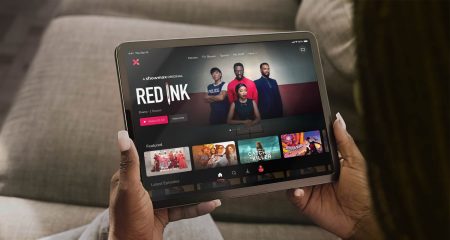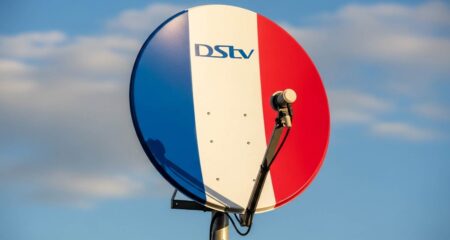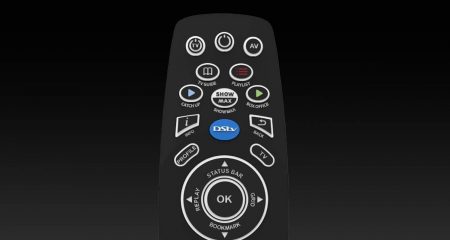
TopTV has not had an auspicious start to life. Although it was the only one of five new pay-TV operators licensed five years ago by the Independent Communications Authority of South Africa (Icasa) to take on MultiChoice and DStv to actually launch, it was always going to be uphill.
The troubled telecaster “celebrated” the end of its third year on air last Tuesday, not with champagne but with its creditors and shareholders locked in meetings trying to figure out how to save it. On the table was an offer from China’s StarTimes, which provides pay-TV to several markets elsewhere in Africa. The StarTimes message was: take the offer or the deal is off.
But to add more drama to the meeting, TopTV’s appointed business rescue practitioner received two unsolicited expressions of interest, one from a MultiChoice-backed consortium made up of Given Mkhari’s MSG Afrika and businessman Malose Kekana, and the other from Wananchi Group, an East African provider of so-called triple-play services into Kenya, Tanzania, Uganda and other markets in the region.
The MSG Afrika-led offer included, bizarrely, a R500m “soft” loan, slated as being in line with the objectives of enterprise development under black empowerment legislation, from the DStv operator. It was a smart move by MultiChoice, though suspicions will naturally be aroused. MultiChoice is going to invite all sorts of regulatory scrutiny on itself if TopTV fails.
Wananchi is backed with American money. In East Africa, It operates a pay-TV service, Zuku TV, using the same direct-to-home satellite as TopTV.
Both MSG and Wananchi are clearly keen on the South African TV broadcasting market.
Mkhari and his business partner, chief investment officer Andile Khumalo, are young, driven and talented. They already own a range of media and communications businesses, and will soon launch a Gauteng-based talk radio station, Power 98.9FM. Watch out, Talk Radio 702 and Kaya FM.
Nevertheless, creditors and shareholders, concerned that StarTimes would walk away after Tuesday’s meeting, voted in favour of the deal with the Chinese company, which will take a 20% stake — the maximum allowed under South African law – in a complex new shareholding structure.
However, even with the deal approved, TopTV’s woes are far from over. Tackling a dominant operator like MultiChoice is no small project. Tackling one that is run like a well-oiled machine is much more difficult.
MultiChoice has made sure it had tied up all the best foreign movies and entertainment programming and, more importantly, has secured crucial sports rights, including the Premier Soccer League (PSL) and all of the big rugby tournaments that South Africans care about.
SuperSport has more than half a dozen or so channels, covering every major sporting code.
In other markets, like the UK, broadcasting regulators have recognised how dominant operators are able to make it difficult for smaller players to break into the industry by buying up big-name sports rights. Ofcom, Britain’s version of Icasa, has intervened to ensure that dominant pay-TV player, BskyB, shares some of spoils with smaller rivals.
- Duncan McLeod is editor of TechCentral — speak to him on Twitter
- This column is also published in the Sunday Times




